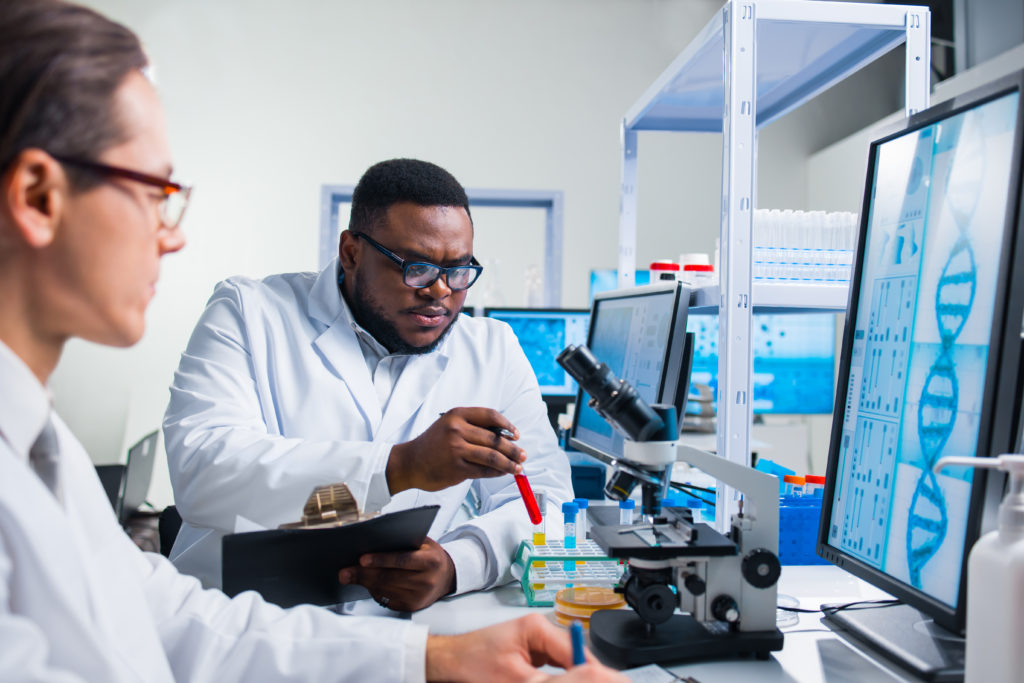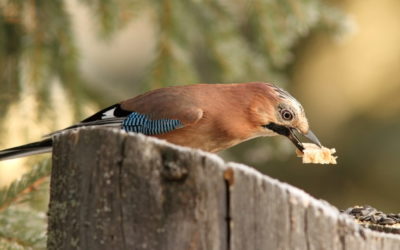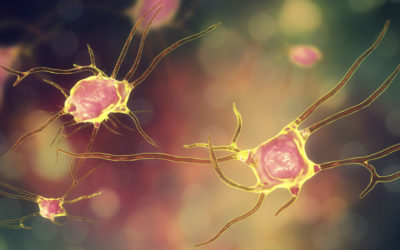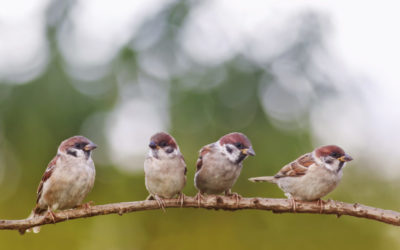Quick Hits
Daily brief research updates from the cognitive sciences

We all know that just about anything in the world is produced by teams. This has never been more true than in scientific disciplines with team dependencies increasing over the years as research topics have become more complex and collaboration in teams is essential (ditch that sole scientific genius stereotype, please).
There has been a lot of work on team collaboration, but one interesting aspect is of freshness of teams. In this context fresh doesn’t mean well slept and recovered – though that would be important also. Here freshness refers to how long teams or the members have worked together and how many members are new or fresh. This has not been researched previously.
Enter Zeng et al. from Bar-Ilann University. They systematically measured the originality and multi-disciplinary impact of scientific teams and their published papers. They then systematically measured the team freshness by measuring how often and how long team members had previously collaborated together.
What they found is that fresher teams created studies with higher originality and greater multidisciplinary impact. This effect was larger in larger teams. This therefore suggest that getting new team members is important for scientific teams – this seems to beat just new collaboration opportunities. What was also surprising, maybe, is that younger teams, those with less experience, increased the originality and diversity impact.
This may go against standard thinking whereby experienced scientists might be considered more beneficial. Likely there is a good balance. But these results show that freshness either in terms of experience and in teams is important for quality of output!
I imagine this could transfer to many teams in business also. Let’s hope that research will come along soon. But for now, if you have a team you might want to consider its freshness if you want original and impactful ideas.

Andy Habermacher
Andy is author of leading brains Review, Neuroleadership, and multiple other books. He has been intensively involved in writing and research into neuroleadership and is considered one of Europe’s leading experts. He is also a well-known public speaker, speaking on the brain and human behaviour.
Andy is also a masters athlete (middle distance running) and competes regularly at international competitions (and holds a few national records in his age category).
Reference
An Zeng, Ying Fan, Zengru Di, Yougui Wang, Shlomo Havlin.
Fresh teams are associated with original and multidisciplinary research.
Nature Human Behaviour, 2021
DOI: 10.1038/s41562-021-01084-x
More Quick Hits
How Your Brain Eats Itself – To Improve Memory
Your brain eats itself – gruesome eh! Actually this appears to be a good thing most of the time…
A Regular Routine Makes You Happier and Smarter
Recent research just published shows that a regular routine with plenty of activity protects against depression and preserves cognitive function!
Like Smart Humans, Smart Jays Exhibit Self Control
Jays are smart, that is known. Now we know they can exhibit self-control – but only if they are smart themselves.
Your Dog Can Smell When You’re Stressed – And Reduce Stress
The benefits of pets – but it depends on how healthy your relationship is with them.
Neurons in a Dish Learn to Play Pong
A group of neurons in a petri dish can learn to play a computer game – amazing!
Chirp Up! Birdsong Improves Mental Wellbeing
We know birdsong has positive benefits – and this research is showing by just how much…






